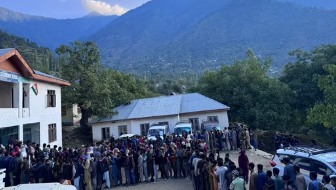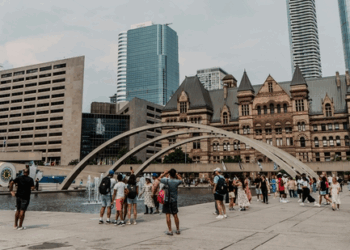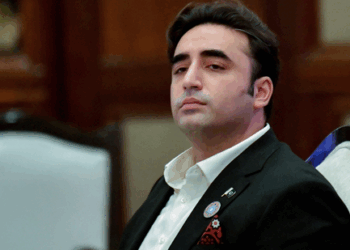In a strong rebuke of the government’s decision to invite foreign diplomats to observe the upcoming elections in Jammu and Kashmir, former Chief Minister Omar Abdullah expressed deep disapproval, stating that the move undermines India’s democratic sovereignty. Abdullah, the vice-president of the National Conference (NC), called the invitation an “unnecessary interference” in a country that prides itself on a robust electoral system.
Omar Abdullah took to social media and public forums to question the government’s rationale behind involving international observers in the polls. He pointed out that India has a long-standing history of conducting free and fair elections without external intervention, and such steps may tarnish the credibility of the Election Commission of India.
“This is not the first time elections are being held in J&K,” Abdullah said. “We’ve held elections even during times of greater unrest and under more challenging circumstances, and there was no need for foreign diplomats then. Why now? What signal is the government trying to send?”
The decision has sparked a wider debate on whether international involvement is necessary in a state that has seen ongoing political tensions since the revocation of Article 370 in 2019. Abdullah’s comments resonate with a section of political analysts who believe that the government’s invitation may be a strategic move to showcase transparency but could also be perceived as a lack of confidence in the domestic electoral process.
The Ministry of External Affairs, defending the decision, has maintained that inviting diplomats from friendly nations is a routine exercise aimed at promoting goodwill and fostering international understanding of India’s democratic practices. However, Abdullah has cautioned that it sets a concerning precedent, where internal matters are scrutinized by foreign entities.
This criticism from Omar Abdullah adds to the growing political friction in Jammu and Kashmir, as local leaders continue to express concerns over the region’s political future under the central government’s administration.




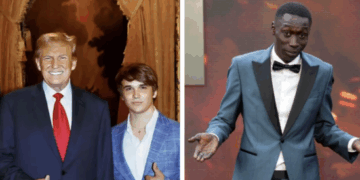

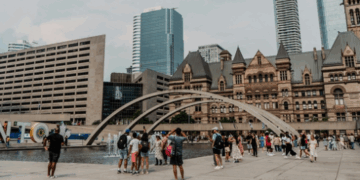

 India
India
